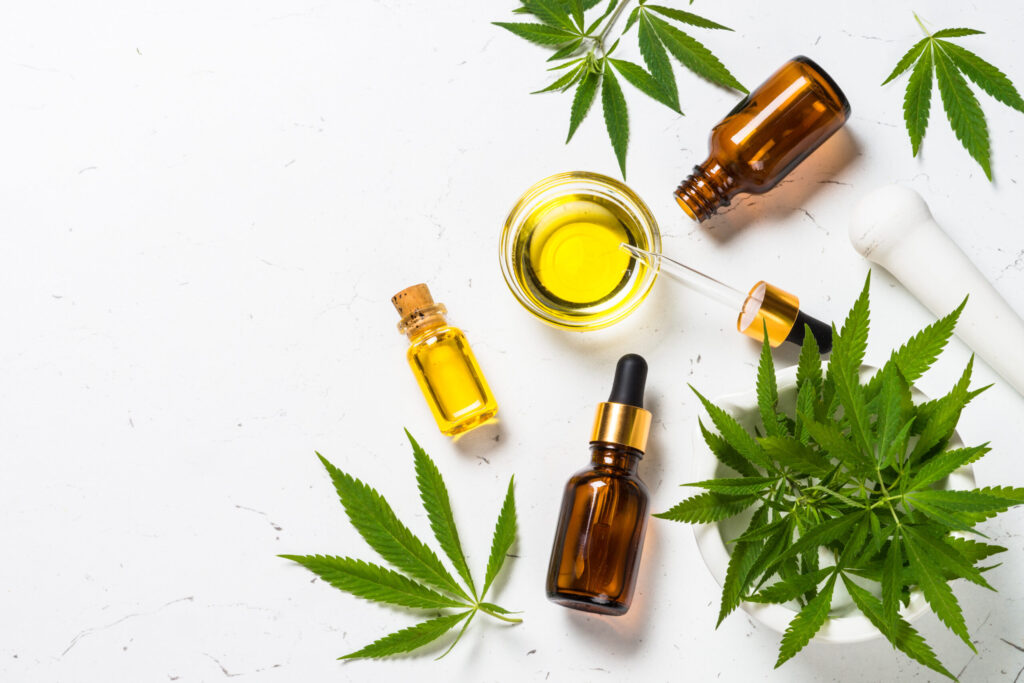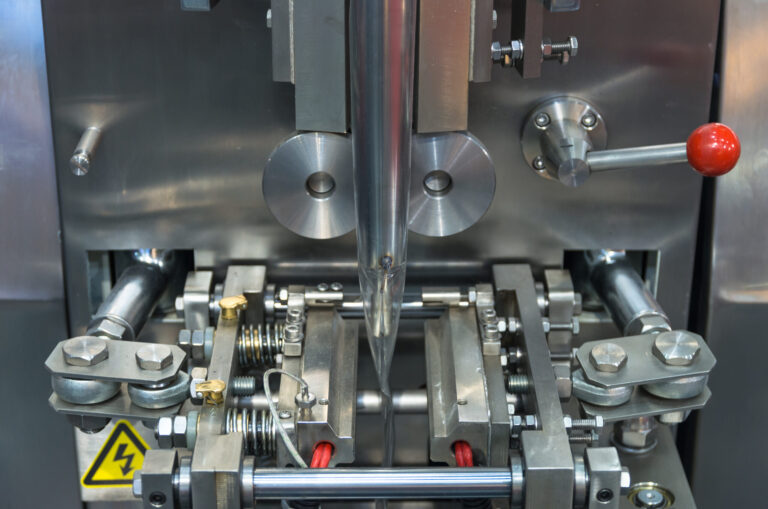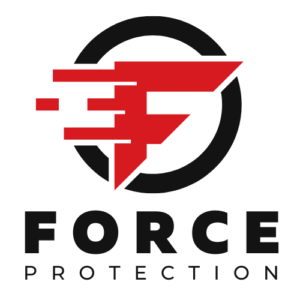You need to be informed before shopping for CBD products, as the world of cannabidiol can be quite complex and overwhelming for first-time buyers. CBD, short for cannabidiol, is a naturally occurring compound found in cannabis plants. While it is non-intoxicating and has seen a surge in popularity due to its potential health benefits, not all CBD products are created equal. Wading through the vast ocean of CBD products can prove to be quite a challenge for novice and veteran consumers alike. With the diversity of product forms from oils to salves, confusion can quickly set in. In this article, we hope to provide a keystone to wade through the waters, distilling the complex world of CBD products down into simple, digestible chunks.
Different Types of CBD Oils and Creams Explained
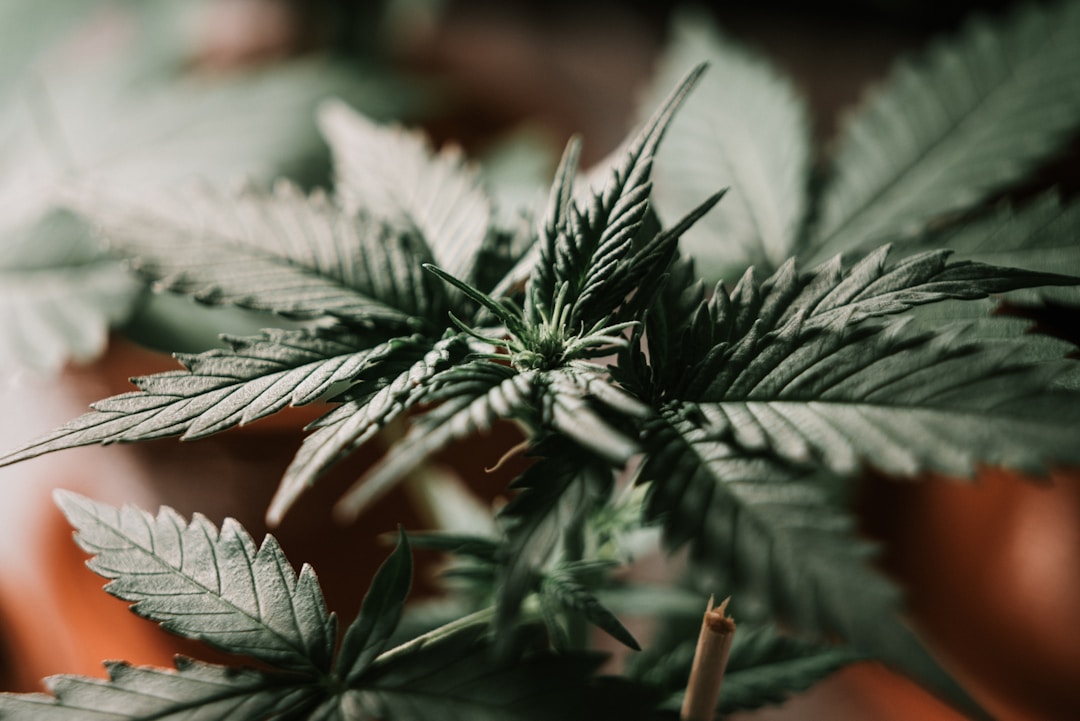
Let’s start by talking about some of the types of CBD products you’re likely to encounter online. By far the most popular formulations for CBD are creams and oils. You’ll often hear a lot of industry terms like spectrum and isolate. These terms refer to the type of CBD used in the product and shine a light on the compositional differences. CBD isolate is the purest form of cannabidiol, commonly referred to as CBD. It is extracted from hemp plants and refined to remove all other compounds, including THC, terpenes, and other cannabinoids. The result is a crystalline powder that consists solely of CBD, making it the best kind of CBD available in the market.
One of the key benefits of CBD isolate is its versatility. Since it is pure CBD without any other compounds, it can be used in various ways. It can be easily mixed with carrier oils such as coconut or olive oil to create CBD tinctures. It can also be infused into topical products like CBD cream. Another great aspect of CBD cream is its convenience and ease of use. Unlike other forms of CBD consumption like oils or tinctures, which require ingestion or sublingual absorption, CBD cream allows for targeted application. This means that you can apply the cream directly to the affected area and let the CBD work its magic.
Understanding CBD: The Basics
Cannabidiol, more commonly known as CBD, is one of the primary cannabinoids found within the cannabis sativa species. This includes both hemp and marijuana plants, though commercial CBD is typically extracted from hemp due to its high CBD content. Unlike other cannabinoids, CBD is non-psychoactive, meaning it won’t get you ‘high.’ Instead, it has been praised for its potential therapeutic benefits, ranging from pain relief to reducing anxiety and improving sleep.
Over the last few years, CBD has surged onto the wellness scene, promising to provide natural relief for various conditions by interacting with the endocannabinoid system of our bodies. This system, involved in maintaining homeostasis in the body, modulates physiological functions like sleep, mood, appetite, pain sensitivity, and immune response. Stepping into the world of CBD products, not all are created equal. It’s important to note that the strength, quality, and efficacy vary between different brands and products. That is why it’s crucial to understand the factors that differentiate them.
Navigating Different CBD Product Formats
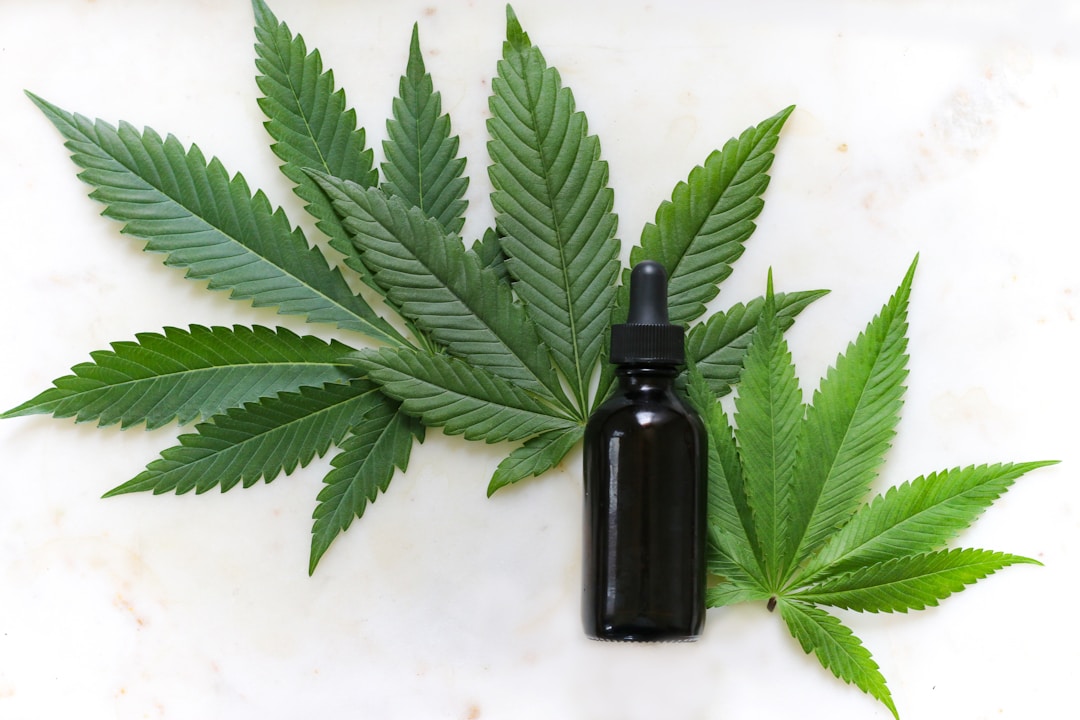
From topicals to edibles, tinctures to vape oils, the range of CBD product formats available today is extensive, all designed to cater to individual needs and preferences. CBD oil tinctures, the most common form, are a blend of CBD extract and a carrier oil like coconut or hemp seed oil. They are consumed orally by placing a few drops under the tongue. Equally popular are CBD edibles, which are food products infused with CBD. These may include gummies, chocolates, cookies, drinks, or even cooking oils. They offer an easy, discreet, and tasty alternative for those who may not enjoy the natural flavor of CBD oil.
Topical CBD products are designed to be applied to the skin for localized relief. The CBD is absorbed through the skin, interacting with nearby cannabinoid receptors. Creams, salves, balms, and even bath bombs fall under this category. No matter what you want to buy, be sure you’re shopping at a trusted and reputable retailer for the best results.
Deciphering CBD Product Labels
Reading a CBD product label can feel similar to understanding a foreign language. However, a few key things should be looked for when deciphering product labels. Always look for the total CBD content, usually displayed in milligrams. This will judge the potency of the product. The ingredients list is paramount to check as well. Ideally, a CBD product should have a limited number of natural ingredients.
Unnecessary additives, synthetic ingredients, or too many filler ingredients raise red flags. Pay attention to the type of CBD used and the source of hemp used. Often, reputable companies will indicate that their CBD is sourced from organically grown hemp. Always look for credibility markers. Not all companies are honest with their claims, and these credibility markers can enable you to differentiate reliable companies from the lot.
Determining Your Optimal CBD Dosage

Finding your optimal CBD dosage can be quite a journey. Starting low and slow is the golden rule here, gradually increasing your dose over time until you find what works best for you. CBD dosage isn’t a one-size-fits-all concept. Various factors like body weight, metabolism, individual body chemistry, reason for using CBD, and the type of CBD product used, influence your ideal dosage.
Maintain a journal to track your dosage, noting down how you feel and any changes observed. This can be your guide in adjusting dosage over time.
Keep in mind that it will take time to find your sweet spot, and the process will require some trial and experimentation. Consult a healthcare practitioner like your doctor if in doubt or when using CBD for therapeutic purposes. They can help you establish a baseline dosage based on your needs and can guide you in adjusting your dosage safely. They can also explain how CBD may impact any health conditions you have or interact with medications you’re currently taking.
Resources for Reliable CBD Information
Education is your biggest ally when it comes to navigating the CBD landscape. The internet is awash with resources about CBD, its benefits, types, dosage, and more. Keep in mind while the benefits of CBD are abundant, not all information is reliable. Look for credible sources that base their content on scientific research, clinical trials, and expert opinions. Reputable CBD brands will often have educational resources on their websites.
This may include blogs, FAQs, or knowledge hubs. Also, consider being part of CBD forums or social media groups. These communities are good places for learning from people’s personal experiences. For scientific and clinical data, turn to resources that publish medical journals and medical news websites. These are reliable sources for up-to-date research data on CBD. Remember, continued learning is required as the science behind CBD is constantly evolving, as is the regulatory landscape.
Beware of the CBD Product Pitfalls
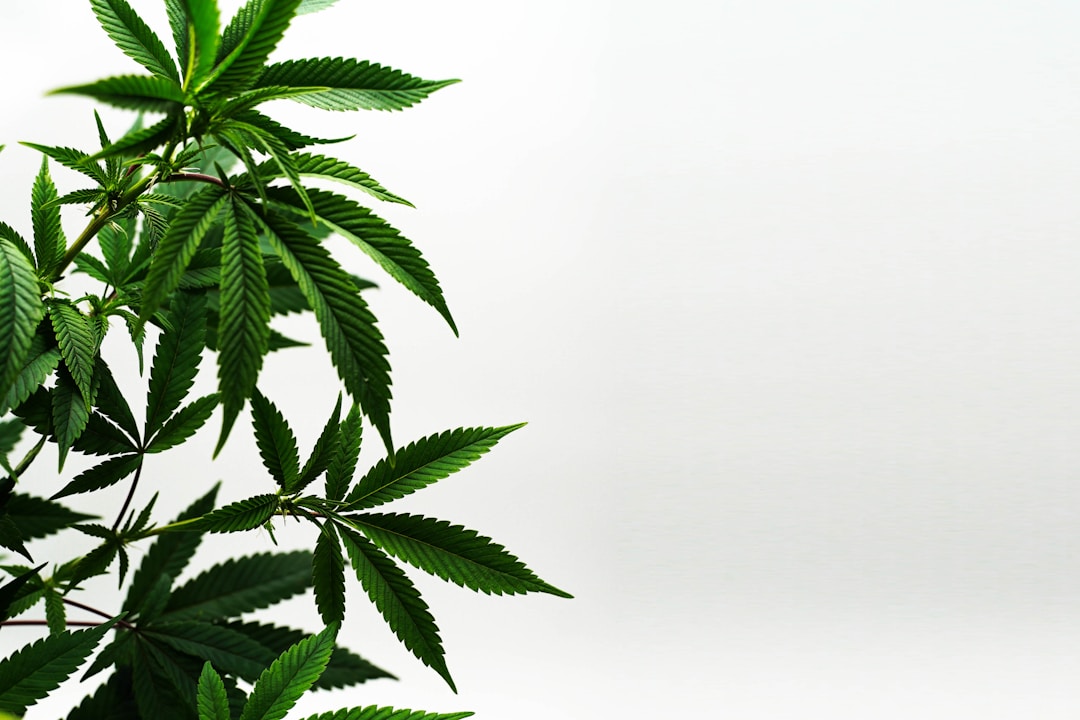
As with any booming industry, the CBD market has its set of pitfalls. Isolating the genuine from the fly-by-night operations can be a challenge. A few tips to guide you on your journey. Avoid any claims that sound too good to be true. If a company claims CBD is a cure-all, chances are, they’re overpromising. Don’t be swayed by marketing hype. Just because a product is more expensive or packaged in fancy designer bottles doesn’t necessarily mean it’s better. Instead, base your purchasing decision on the factors discussed above: type of CBD, product form, ingredients, source of hemp, and CBD potency.
As this article demonstrates, understanding the CBD landscape is no small feat. It requires awareness, insights, and keen eyes to navigate its meandering vistas, but armed with this guide, you’re well on your way to making informed decisions about your CBD use. Overall, CBD holds a world of potential, and stepping into it with clarity and knowledge will ensure a journey worth making. If you follow our advice, you’ll be well on your way to finding the right CBD products for your specific needs.

